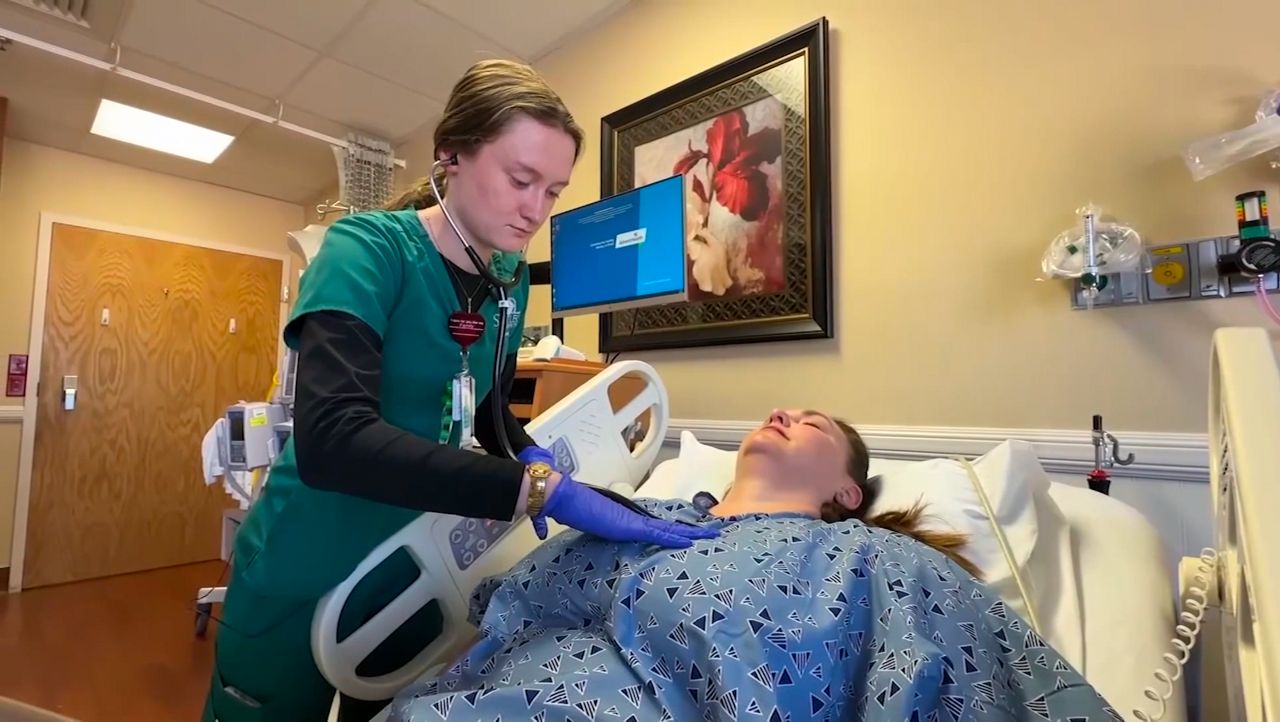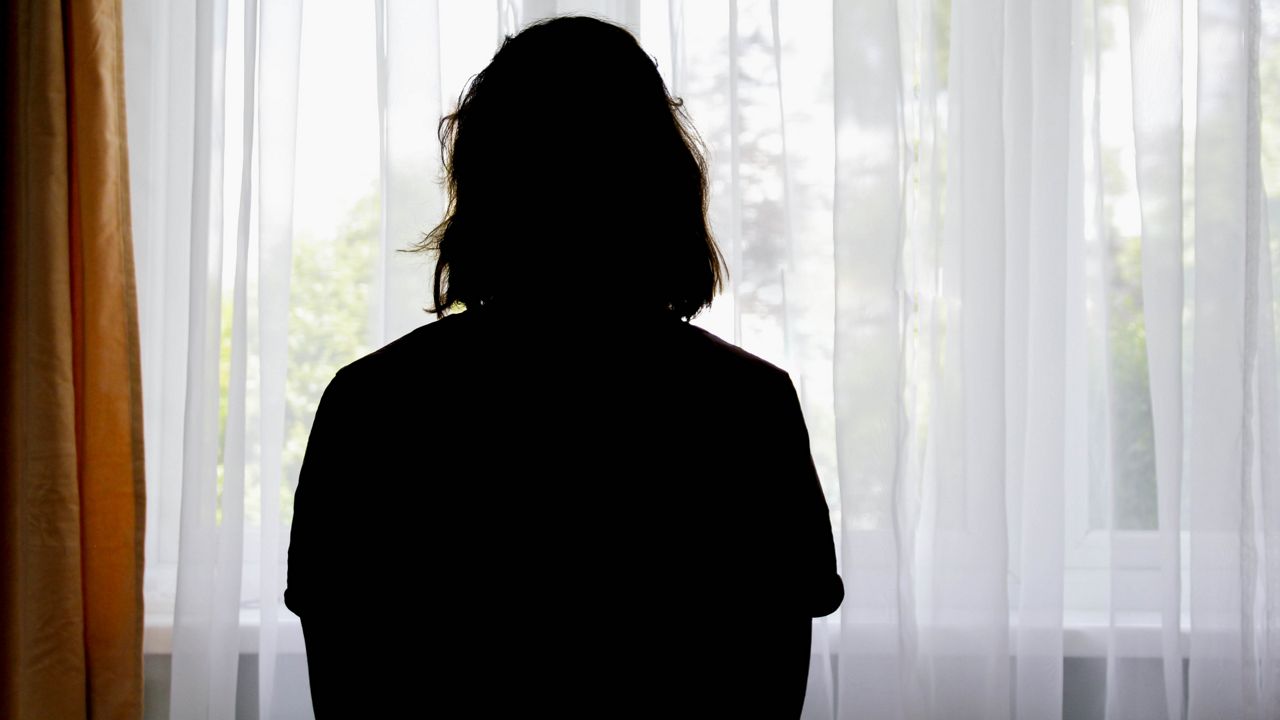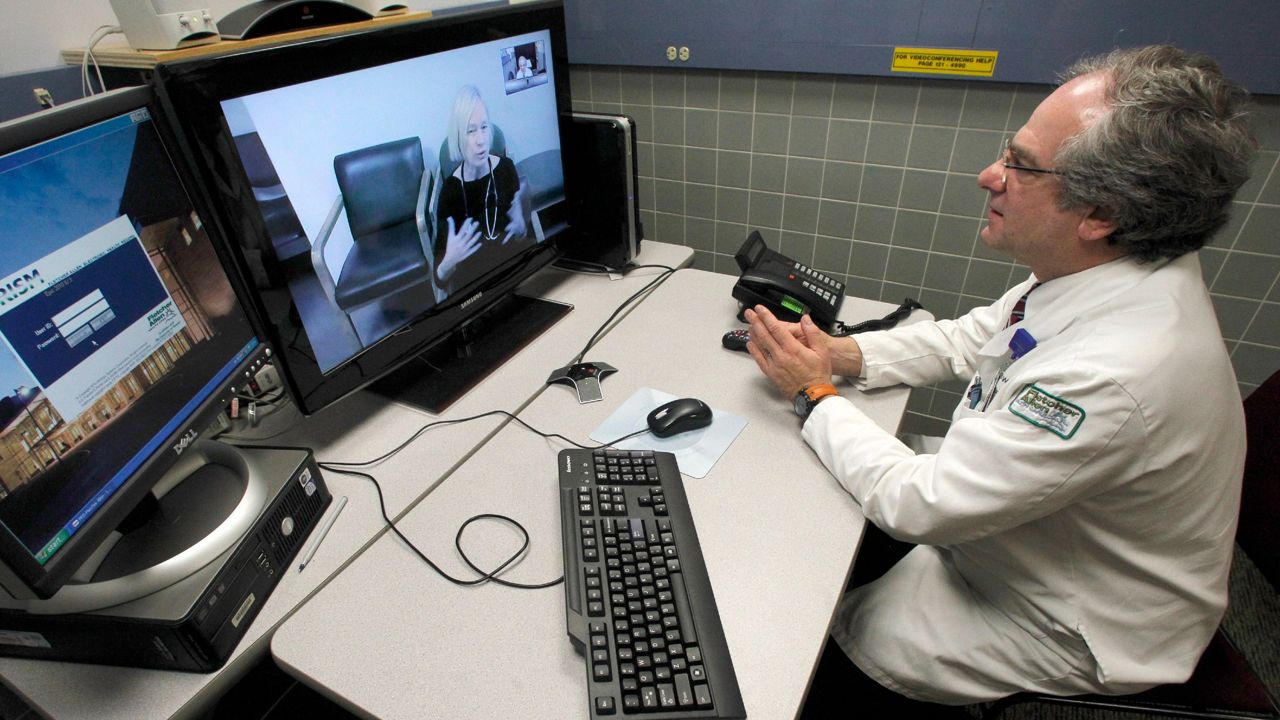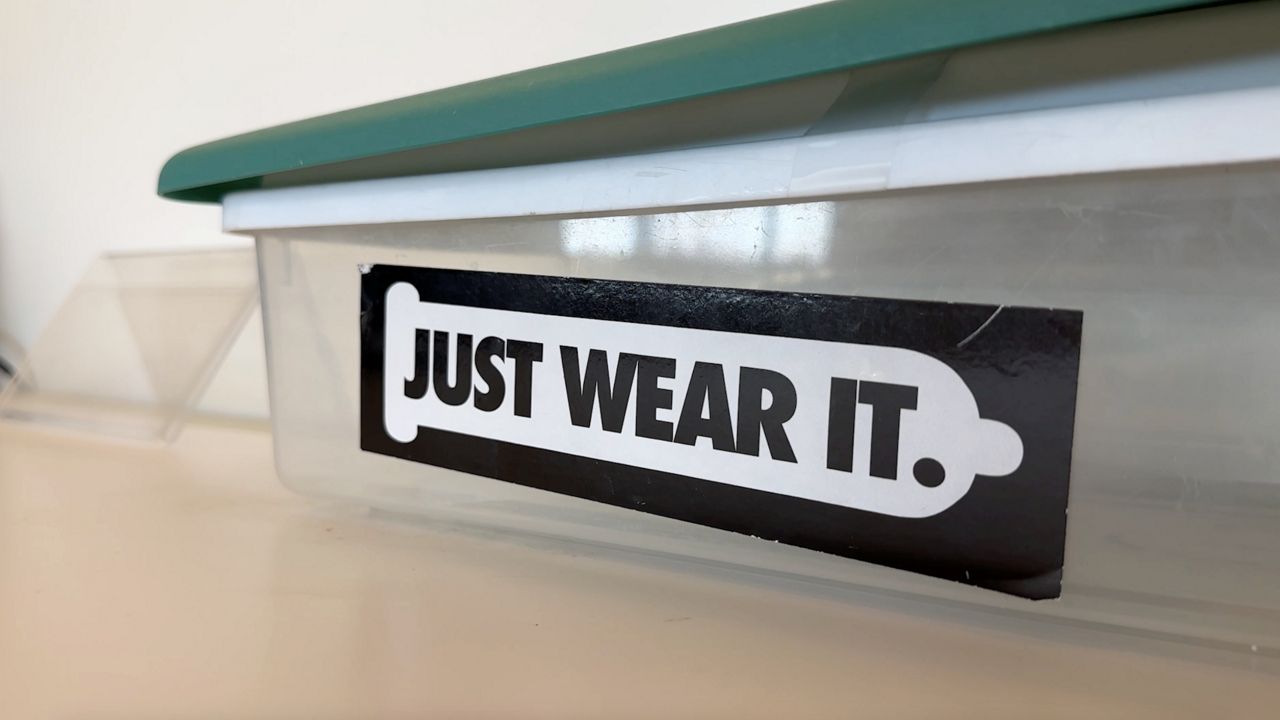Gail McDonald captures everything — the good, the bad and the unexpected. At 45 years old, she was diagnosed with ovarian cancer. The doctors found not just one tumor, but multiple malignant growths scattered throughout her body.
“I had so much cancer, I was just hoping to survive,” McDonald said. “There was one tumor that was the size of a baseball. And then I had tumors throughout my abdomen, my spleen, kidneys, in … the lining of my abdomen, probably cancer in my lungs.”
Like many others with the same disease, McDonald’s symptoms mimicked other illnesses. Ovarian cancer can grow unnoticed for a long period of time.
What You Need To Know
- The American Cancer Society estimates in 2023, about 19,710 women will receive a diagnosis of ovarian cancer
- They estimate 13,270 women will die from the cancer
- Ovarian cancer ranks fifth in cancer deaths among women, making up more deaths than any other cancer of the female reproductive system
“There is no proven effective screening for ovarian cancer, which is disappointing, but a reality for this disease,” said Dr. Benjamin Margolis, assistant professor of Gynecologic Oncology at Albany Medical Center.
Margolis recommends symptom awareness. That could look like bloating; quickly feeling full; abdominal or pelvic pain; or urinary or bowel issues. Approximately 1.1% of women will be diagnosed with ovarian cancer at some point during their lifetime.
“It's not the most common gynecologic malignancy, uterine cancer is, but ovarian cancer does have the highest proportion of deaths from gynecologic cancers,” said Margolis.
Medical experts say the biggest risk for ovarian cancer is the presence of a BRCA mutation.
“In some families, ovarian cancer has a familial link. And so, knowing your family's history is very important,” said Margolis.
“Six months before I was diagnosed with the ovarian cancer, my sister was diagnosed with triple negative breast cancer,” said McDonald.
Along with ovarian cancer, McDonald tested positive for the BRCA1 gene.
“I have now decided to have a double mastectomy, because the doctors are saying I’m a 70-80% chance of getting breast cancer,” said McDonald.
After 6 months of chemotherapy and years of treatment under a clinical trial, McDonald and her sister are both doing well.
“My doctor said last January, ‘you know, this far out, we consider you cured.’ And it's still hard for me to believe that,” said McDonald.
She holds on to her family motto: “Every day a gift, every moment, a blessing, because, you know, seven years of treatment, basically, and now I’m still cancer free,” said McDonald.








